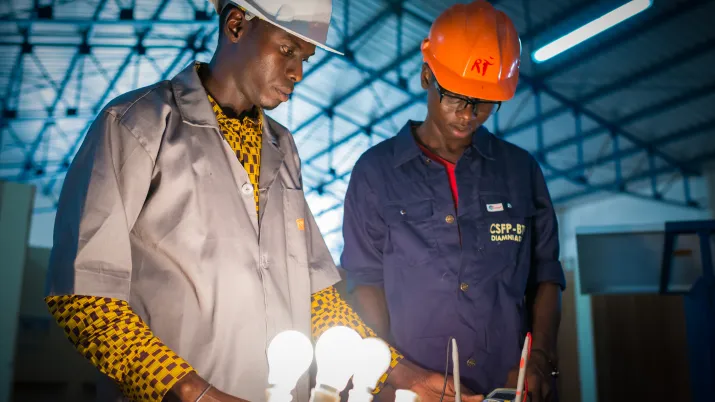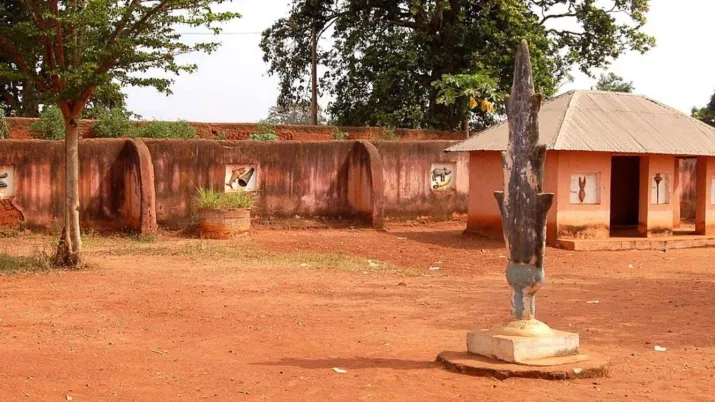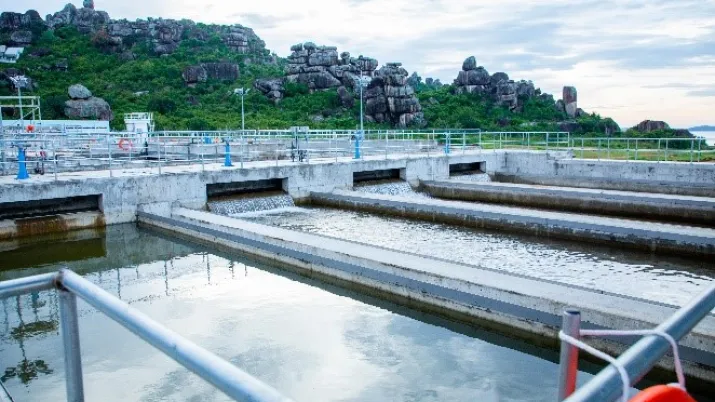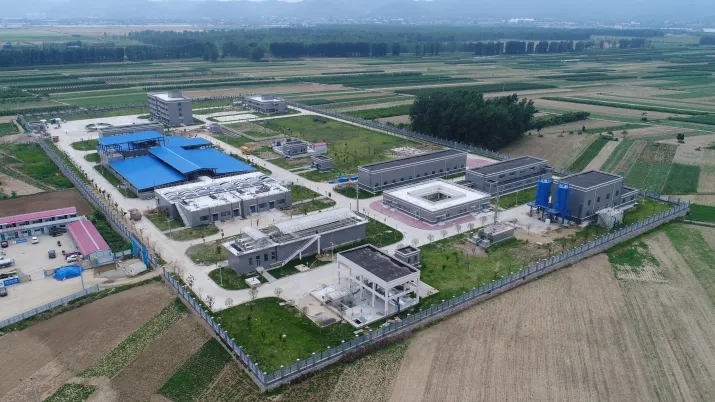Share the page
Supporting Rwanda's climate trajectory by encouraging public and private climate finance flows
Project


-
Project start date
-
-
Project duration
-
20 years
-
AFD financing amount
-
53 000 000 €
-
Location
-
Rwanda
-
Beneficiaries
-
Republic of Rwanda
The project aims to support Rwanda in its climate trajectory, by encouraging the alignment of public and private financial flows with the achievement of the adaptation and mitigation objectives of Rwanda's Nationally Determined Contribution (NDC). Over a broader horizon, it should help increase the scale and impact of the country's climate finance flows.
Context
Rwanda, a small, densely populated East African country with low GDP and GDP per capita, has a low-carbon energy mix. However, the country is particularly vulnerable to the effects of climate change.
In December 2022, Rwanda became the first African country to access the IMF's Resilience and Sustainability Facility (RSF). Amounting to USD 319 million, this financing is backed by a matrix of reforms that sequence disbursements.
The RSF also aims to play a catalytic role, by attracting more financing towards Rwanda's climate objectives and enabling climate change risks to be better taken into account and managed.
Description
This program aims to contribute, in synergy with the reforms supported by the IMF within the framework of the RSF, to the alignment of public and private financial flows with climate issues, in order to accelerate the achievement of the objectives set out in the NDC, through two specific objectives:
- Public finances more sensitive to the challenges of adapting to and mitigating climate change;
- A greener financial system, with the financial sector taking better account of climate risks and a commitment to sustainable finance.
Impacts
By the end of the program, it is expected that:
- Rwandan public finances will be more climate-sensitive, enabling investment, spending and public procurement decisions to be better aligned with the NDC's climate objectives;
- Financial system players, and in particular the Central Bank, will be better equipped to take climate risks into account and align their actions with the country's climate objectives.
In the same region
On the same topic
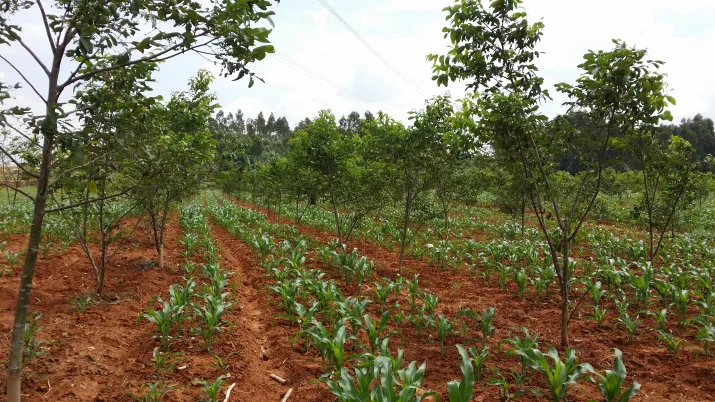
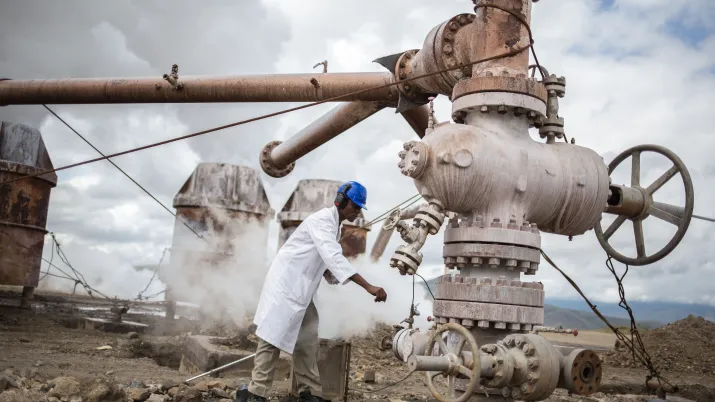
On the same financial tool
